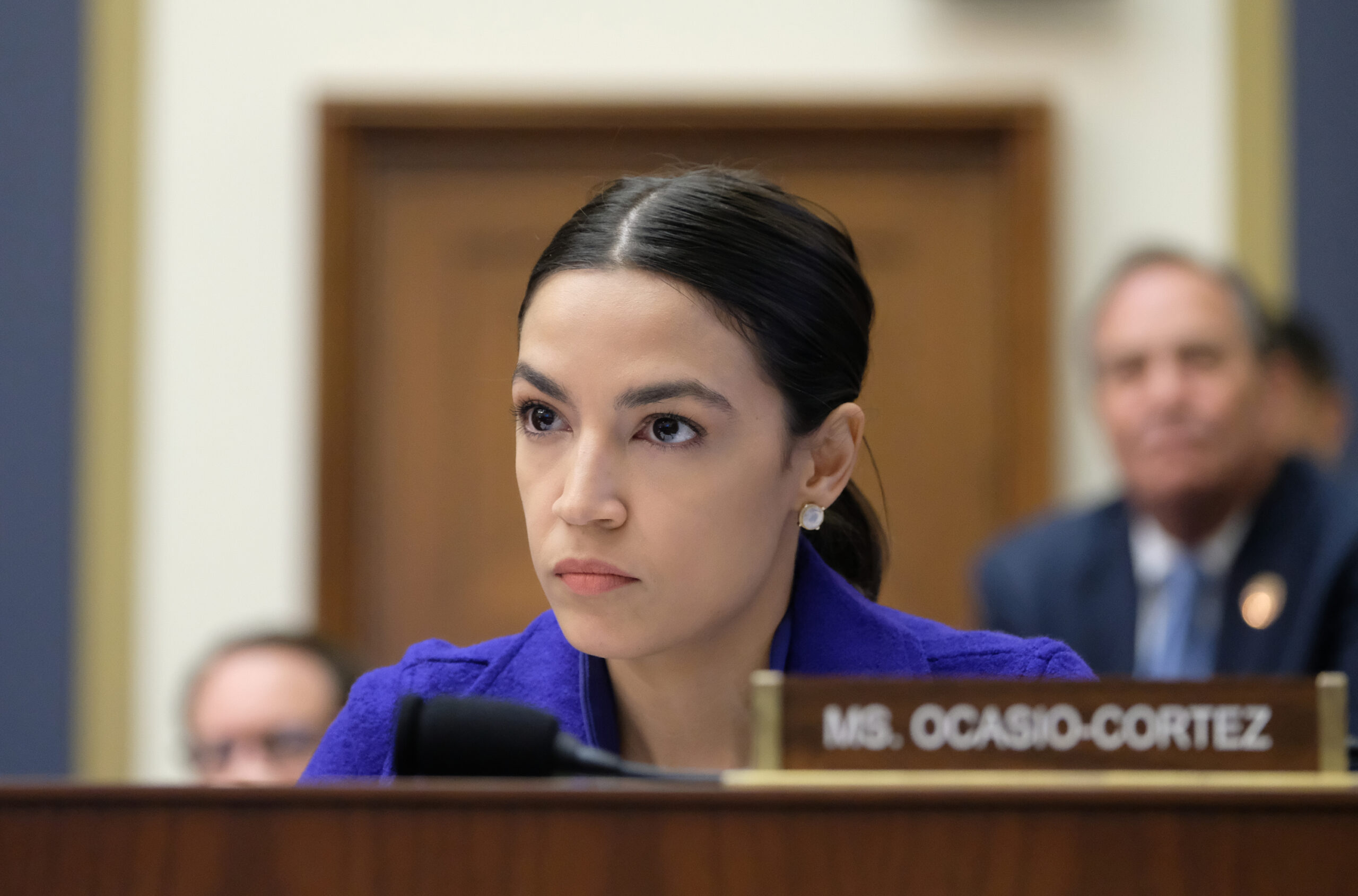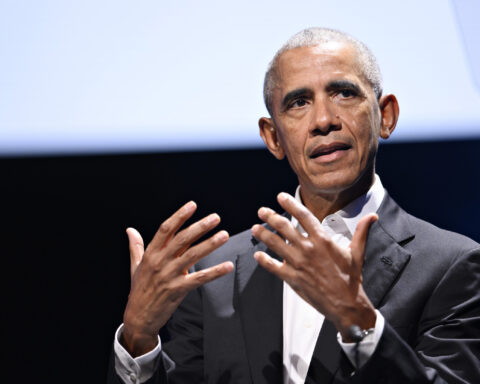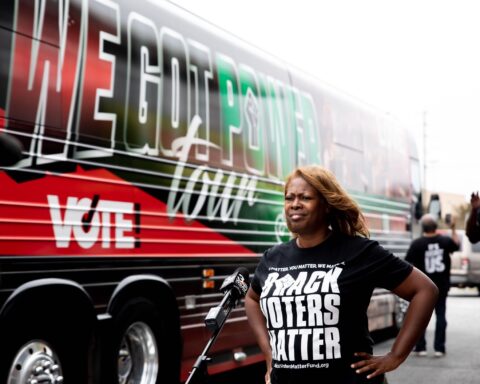Progressives in the House are not backing down from their requirement that the final reconciliation package move at the same time as the Senate’s bipartisan infrastructure bill in order for their caucus to vote for both bills.
Their continued demand comes after House Speaker Nancy Pelosi made a deal with moderates to give the bipartisan legislation a vote by September 27, which moves up the timetable and threatens the prospect of keeping these two crucial bills linked.
Shortly after the budget resolution passed, the Congressional Progressive Caucus released a statement squarely stating that their position had not changed.
“Our position remains unchanged: we will work to first pass the Build Back Better reconciliation bill so we can deliver these once-in-a-generation, popular, and urgently needed investments to poor and working families, and then pass the infrastructure bill to invest in our roads, bridges, and waterways.” the influential caucus said.
“As our members have made clear for three months, the two are integrally tied together, and we will only vote for the infrastructure bill after passing the reconciliation bill.”
The two bills are separate but connected in that they both represent key parts of President Joe Biden’s agenda. The reconciliation package, the framework for which was approved by the House on Tuesday, has a $3.5 trillion price tag and only support from Democrats. The bipartisan infrastructure bill, which passed the Senate earlier this month, has a $1 trillion price tag and was supported by more than a dozen GOP senators.
Progressive Rep. Alexandria Ocasio-Cortez of New York told reporters on Tuesday that if the two bills are no longer voted on at the same time, “then they shouldn’t count on us.”
Rep. Cori Bush, a freshman Democrat from Missouri, told reporters, “For me it’s not about the date, it’s about both walking together. I have to be able to vote together and if that doesn’t happen then that’s a hard line for me.”
Bush said she has expressed her need for the bipartisan bill and the reconciliation package being linked together to House Democratic leadership since the September 27 deadline on the bipartisan bill was imposed.
Rep. Rashida Tlaib, a Democrat from Michigan, did not want to entertain a reality where the bipartisan deal gets a vote without the reconciliation package, telling reporters that Democratic leadership needs to continue to prioritize all factions of the Democratic party, especially progressives who are prioritizing the reconciliation package.
“They can put all these deadlines all they want but they got to bring all of us along,” Tlaib said.
Democratic Rep. Ilhan Omar of Minnesota also did not want to entertain the possibility of the two track strategy being abandoned, telling reporters, “The commitment on this strategy to move both of these pieces simultaneously still remains.”
When asked whether the two bills will be voted on at the same time or one before the other, House Majority Leader Steny Hoyer told reporters, “We have not got a hard view on sequencing.”
Hoyer added that the time it takes to get the reconciliation package ready is what “will dictate to some degree the flow of legislation.” Hoyer said the committees of jurisdiction have to report on their progress by September 15.







